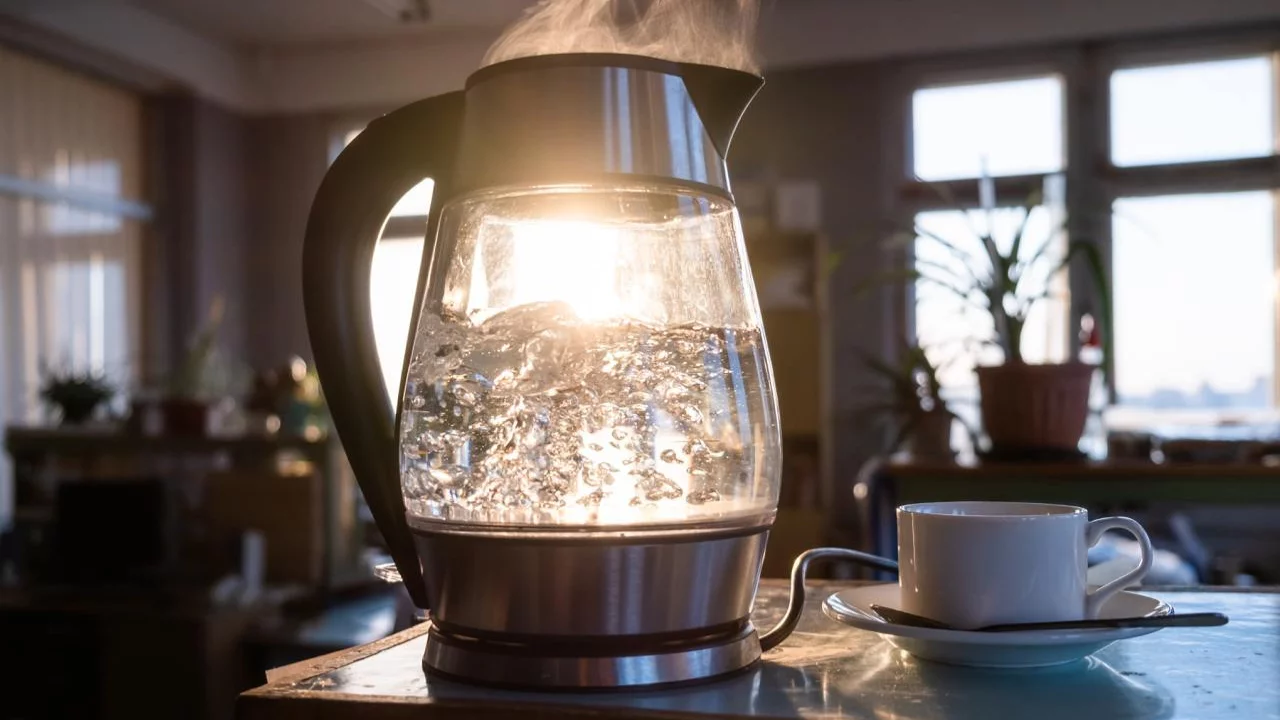Why reboiled water is dangerous: the truth about "dead" water

Reboiled water — clear in appearance, but hiding a silent danger
Many people think the more you boil water, the cleaner it becomes. At first glance, that sounds logical — heat kills bacteria, so the water should be pure. However, experts disagree. They say that reboiled water may look clear, but its chemical balance is completely disrupted. As reported by “zamin.uz”, such water turns into “dead energy” and can be harmful to the body.
Why is “dead water” dangerous?
Scientists use the term “dead water” for a reason. When water is boiled several times, oxygen and carbon dioxide levels drop sharply, and its natural energetic structure breaks down. As a result, oxygen delivery to cells slows, causing fatigue, heaviness, and headaches.
People who drink such water often feel that their thirst isn’t quenched and notice an odd taste in their mouth. This means the body is deprived of its natural energy source. The water seems clean — but it’s “dead” inside.
Invisible heavy metals
Boiling water once is enough to eliminate microbes. But repeatedly heating it is like “feeding” your body with metals. Tap water passes through metal pipes, which can release trace amounts of lead, copper, or arsenic.
These substances don’t evaporate during heating — they accumulate. Even if part of the water boils away, the concentration of nitrates, fluoride, chlorine, and heavy metal ions increases. The worst part is that nitrates can transform into nitrosamines — carcinogenic compounds that can cause cancer.
Lime residue — harm to both body and home appliances
“Hard water” contains high levels of calcium and magnesium. When boiled, it forms white lime deposits on the kettle walls. Some of this residue stays in the water and, once consumed, leads to salt buildup in the kidneys.
This may result in kidney stones, pain, and other urinary problems. If your kettle develops lime quickly, that means the water is hard. Experts recommend filtered or softer water in such cases.
Hard water is also harmful to appliances — it reduces heat transfer, increases energy consumption, and shortens device lifespan.
How long can boiled water be stored?
Boiled water should not be stored for more than 24 hours. After that time, it loses oxygen, trace elements break down, and bacteria can start to multiply again.
Doctors recommend:
using modern filtration systems;
drinking bottled natural water;
consuming freshly boiled and cooled water;
keeping water in a closed container.


















